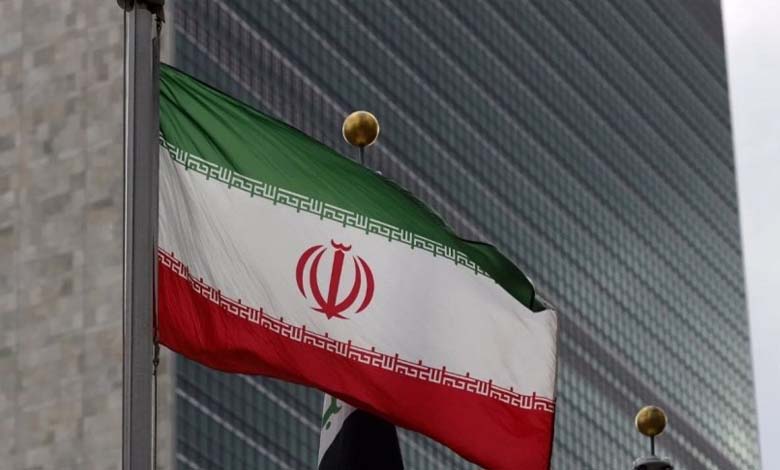How did the Revolutionary Guards decide to place Al Sudani at the helm of Iraqi power?

The recent flare-up of crises suggests a tidal wave of violence and chaos awaiting Iraq, which is driven and controlled by the Iranian regime and its arms in Mesopotamia. Through these arms, Tehran is insisting on the formation of an Iraqi government with an Iranian character.
Tehran has begun to fear that it might lose control over the situation in Iraq, especially after the previous government, which is currently doing business under the presidency of Dr. Mustafa Al-Kadhimi, began to lean its weight towards the brotherly Arab capitals of Baghdad, through rapprochement with Cairo, Abu Dhabi, Riyadh and Amman, to end years of Persian control of Iraq by Tehran.
Iranian plot
Sources close to the current Iraqi government revealed that the selection of Mohammed Shia’ Al Sudani was imposed by Iran and passed through the coordination framework loyal to the Mullah regime. This came after a visit by the commander of the Iranian Revolutionary Guards to Baghdad, during which he discussed some of the names proposed for the presidency of the Iraqi government, among which were names that do not have interests with Tehran and seek to form a government of technocrats that is not premeditated on party quotas.
After lengthy negotiations between the Iranian side and the Shiite leaders, an agreement was reached on Mohammed Shiyaa Al-Sudani, and an attempt was made to put his name forward after negotiating and agreeing with Iraqi President Barham Salih, who is facing constant accusations of his inability to take decisive positions to prevent Iraqi interference in the country.” The sources said: “The Iranian plan also depends on creating chaos in the Iraqi street to prolong government formation processes, so that Iran can find an alternative plan to tighten its control over Iraq, especially since the Iranian regime is facing crises in its positions of influence in Lebanon and Syria alike”.
Dark tunnel
The Guardian said: “Iran may get what it wants in the end, from the battle for power in Baghdad, explaining that the siege of the parliament and the failure to form a government nine months after the elections could lead Iraq into an endless war and a dark tunnel”.
The newspaper noted, according to its sources, that the confrontation between the Sadrist movement led by Muqtada Al-Sadr and the pro-Iran groups seems more complicated and intractable than previous political confrontations, and that Iran will get what it wants from the current exhausting war of attrition; giving it the power to control key institutions in this Baghdad.












